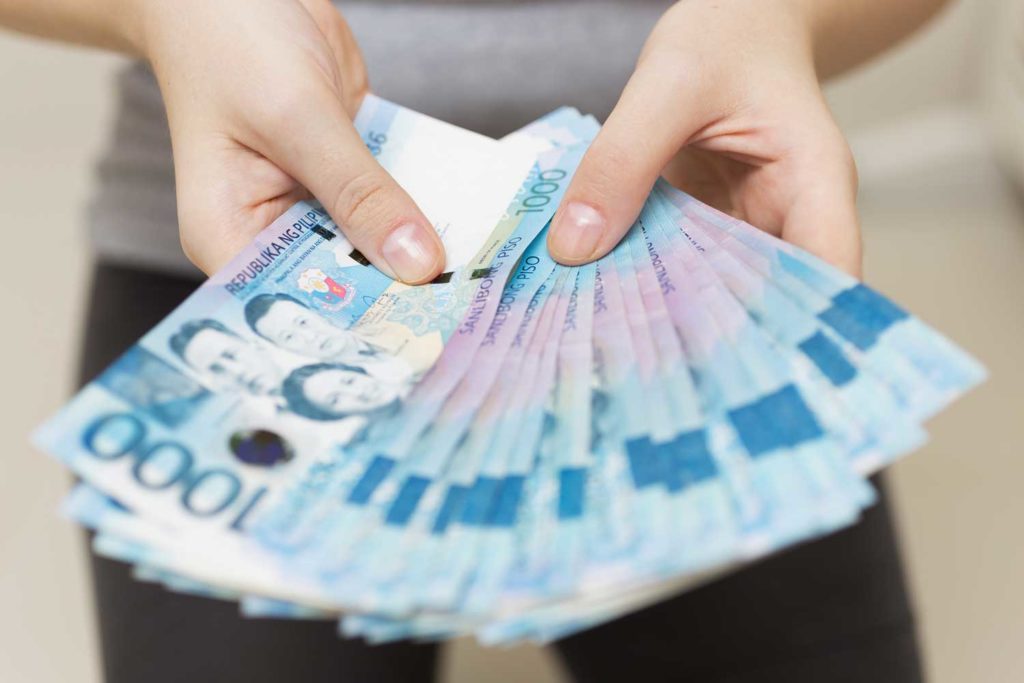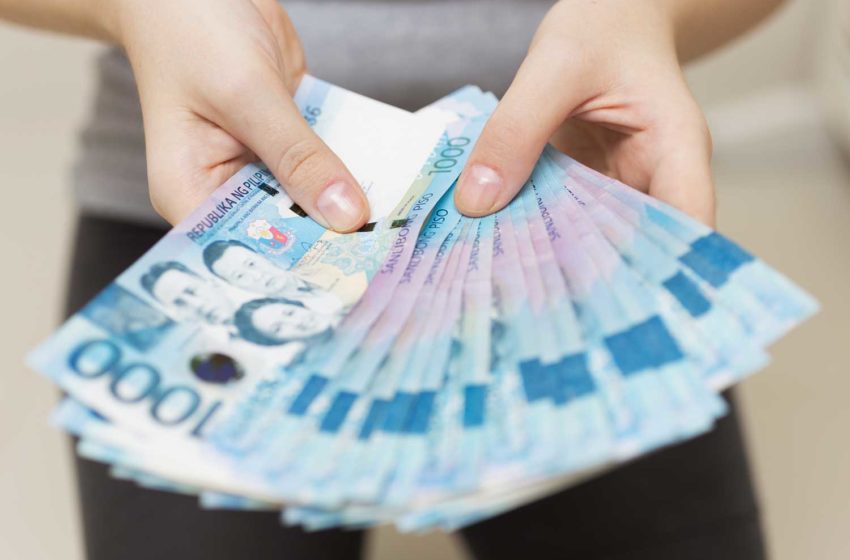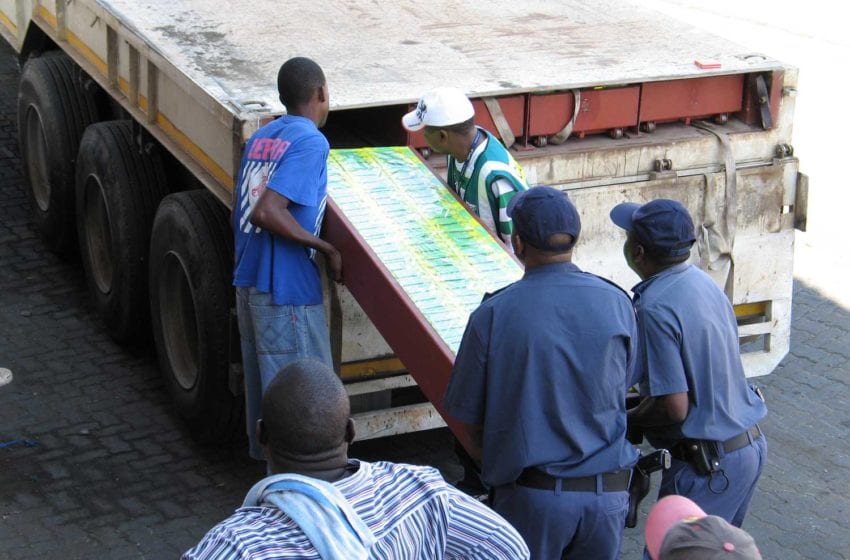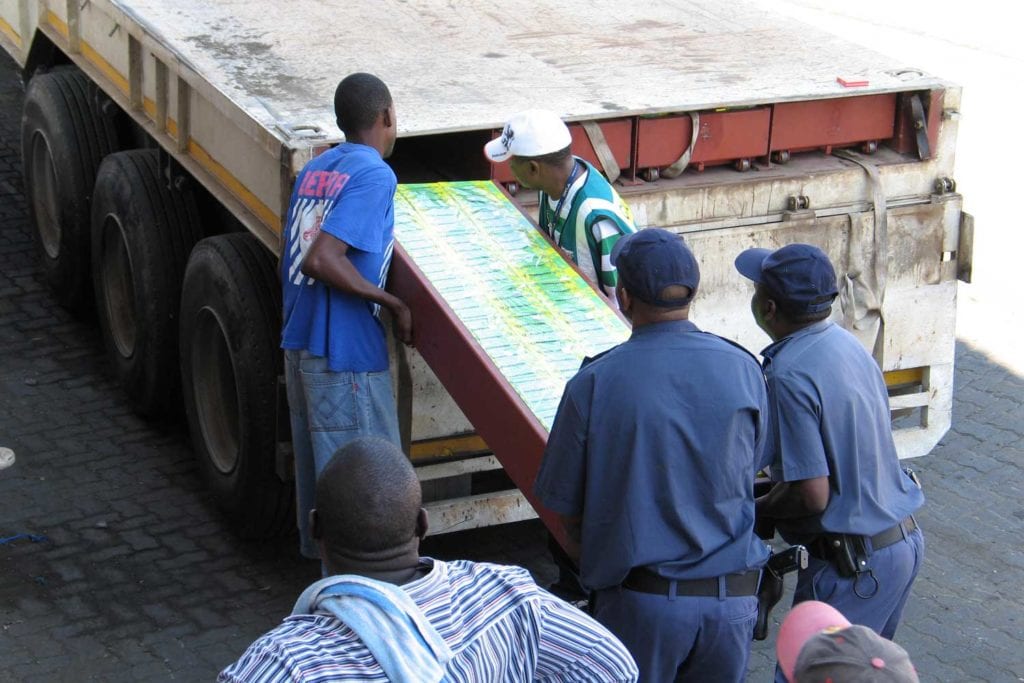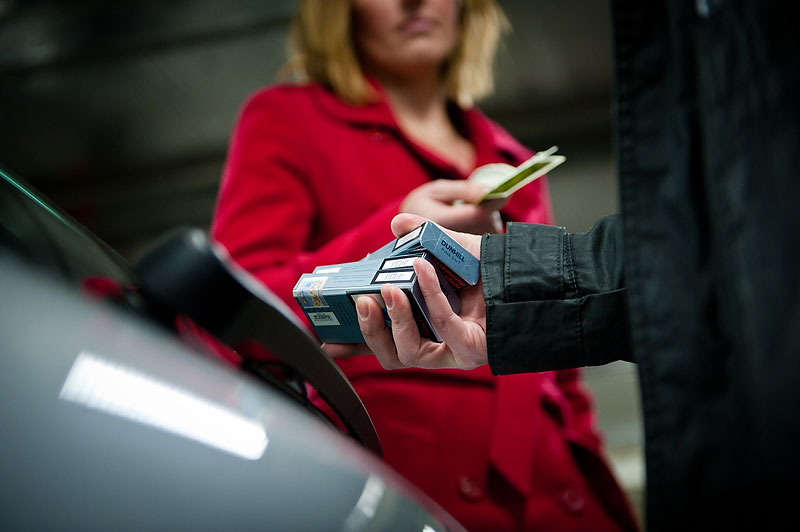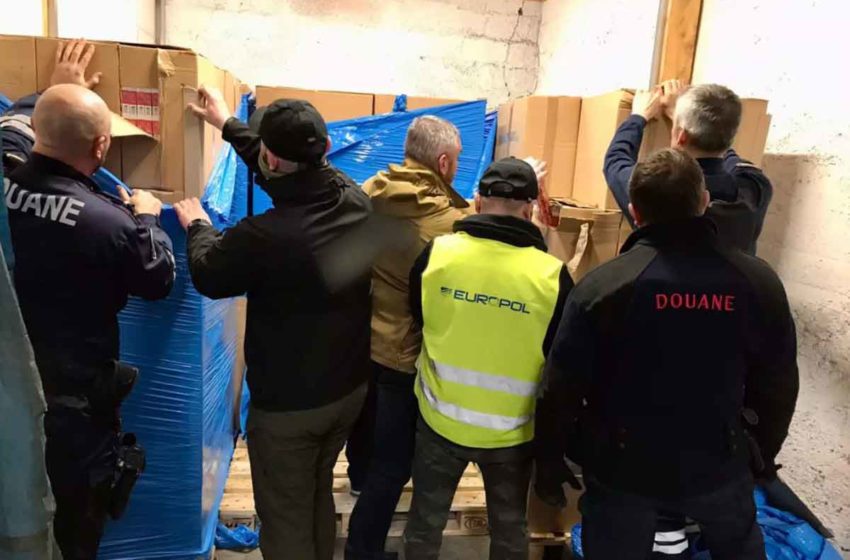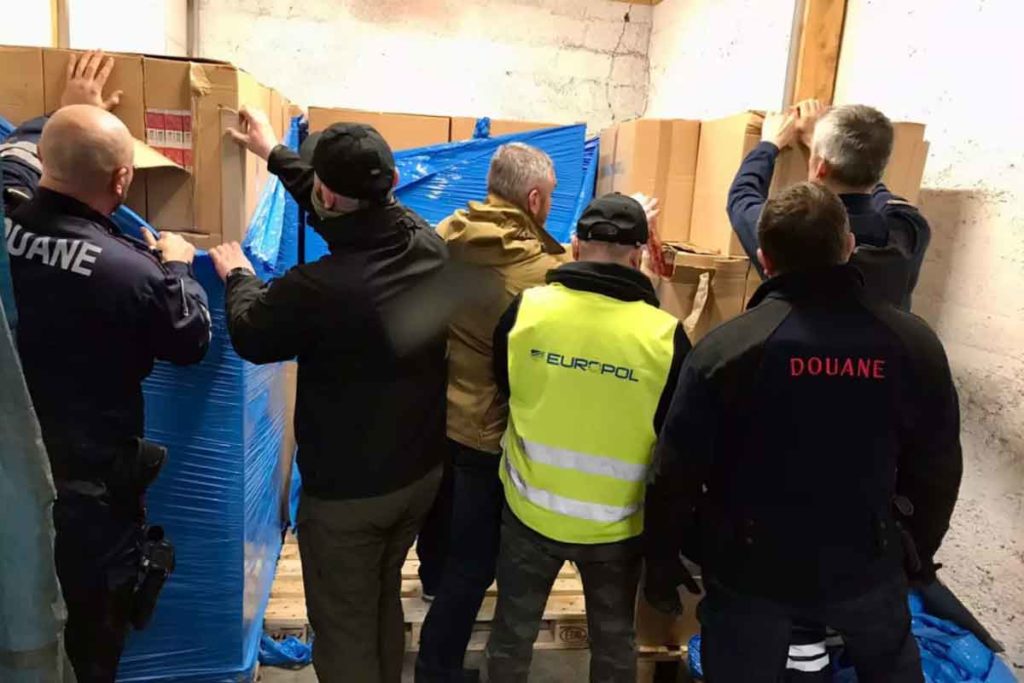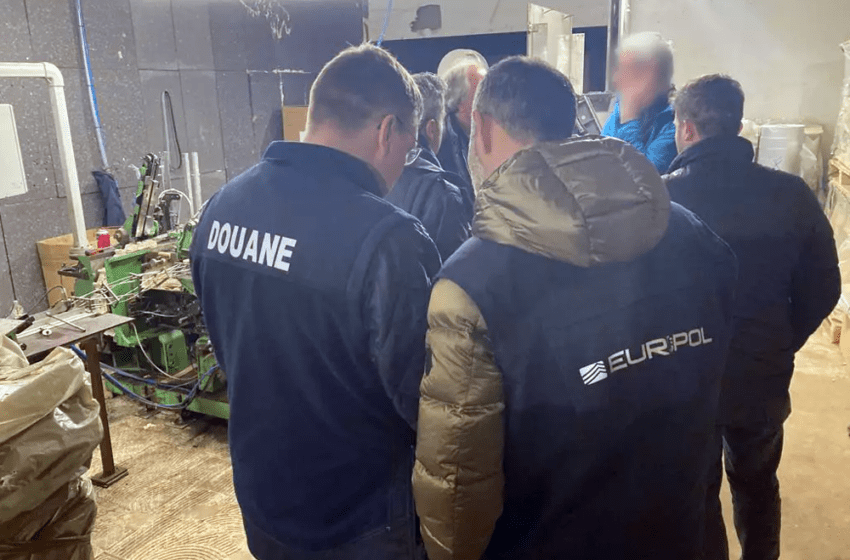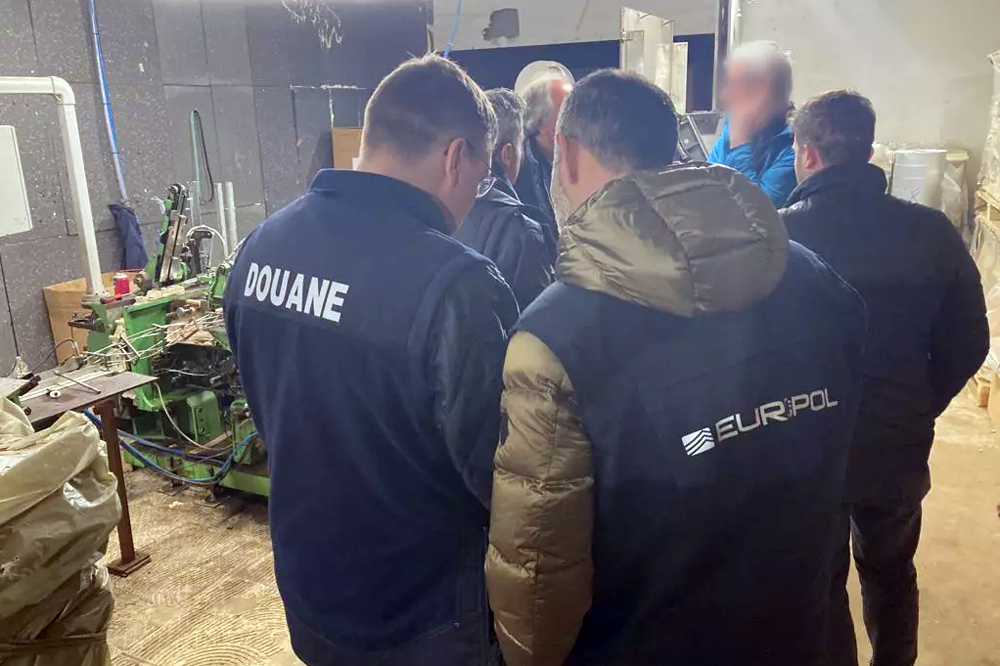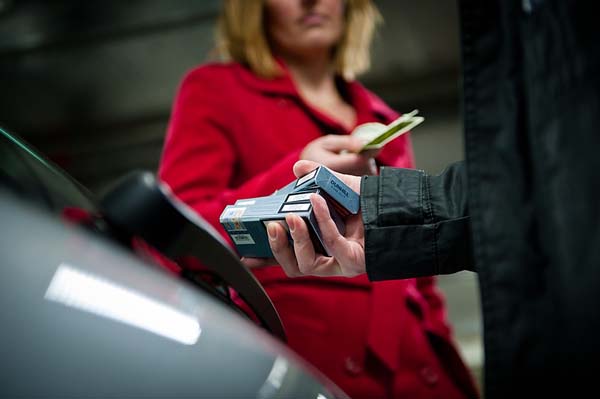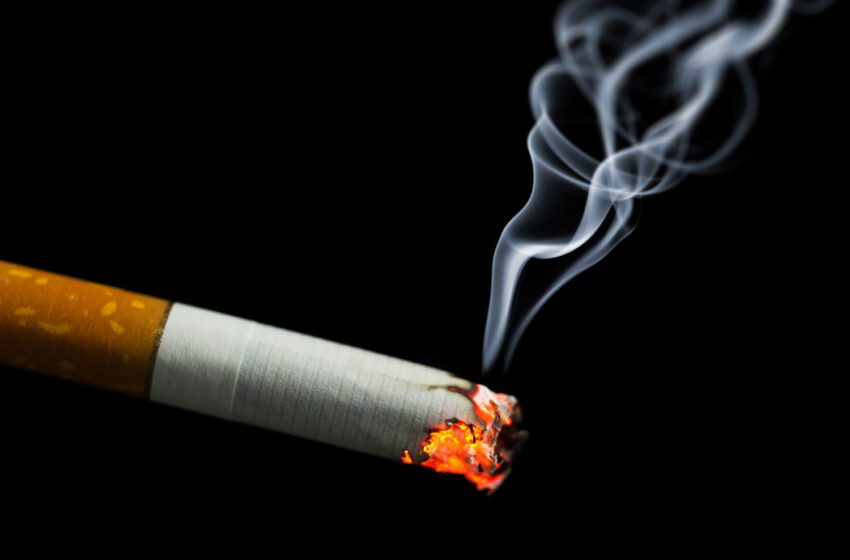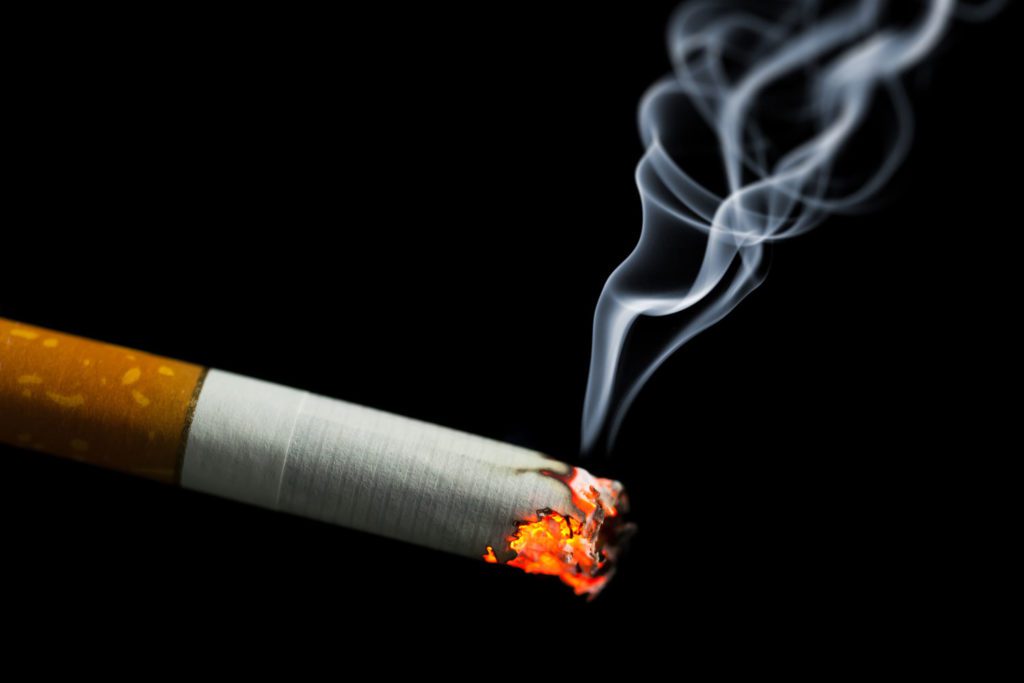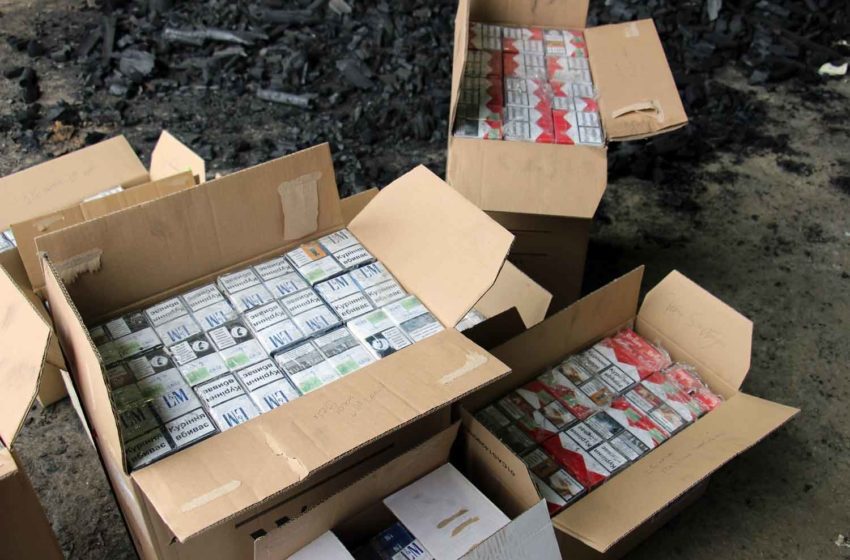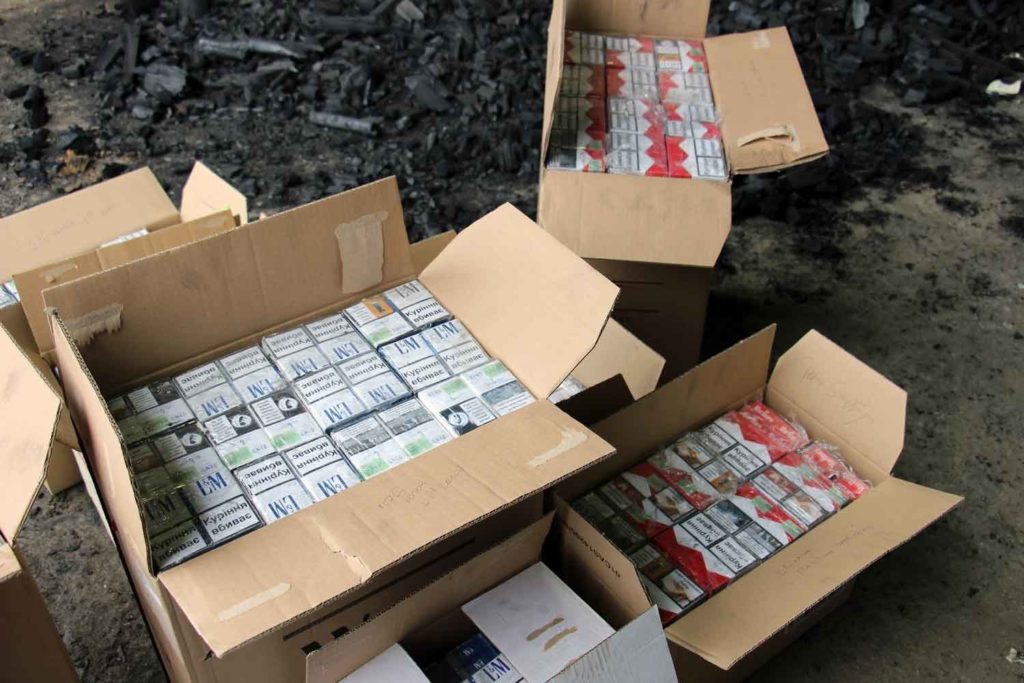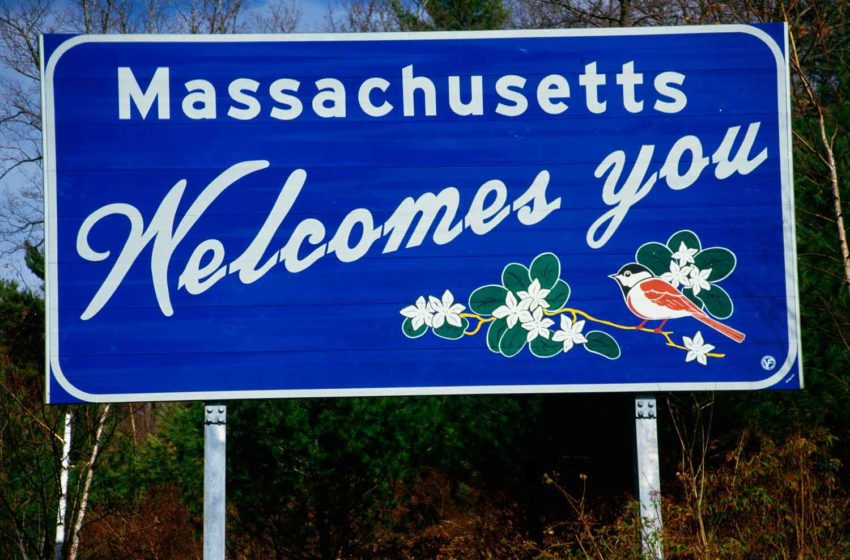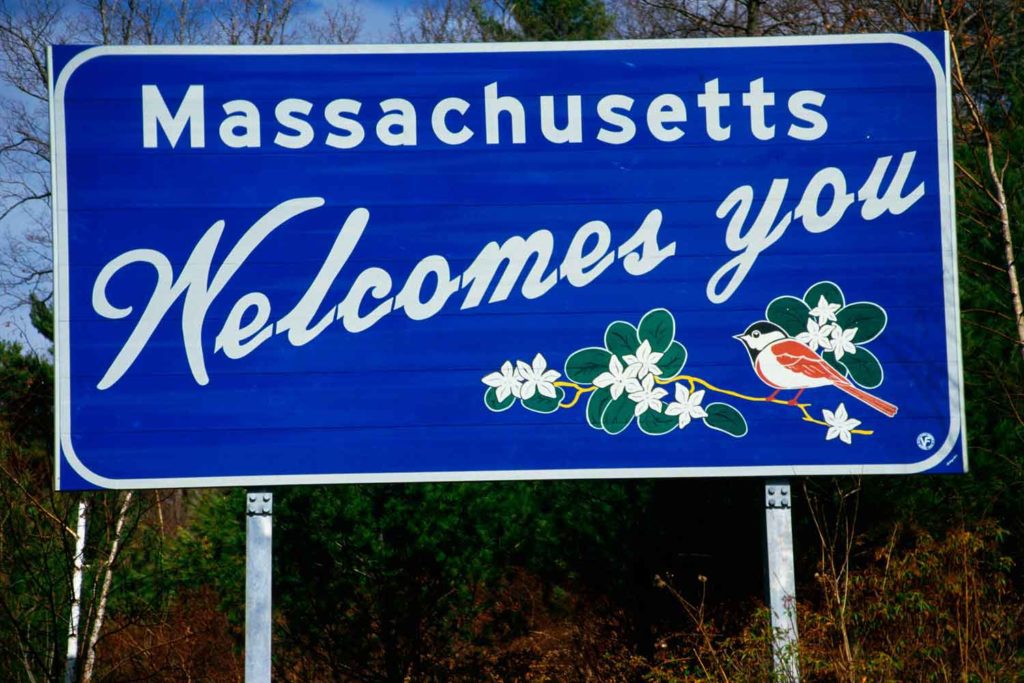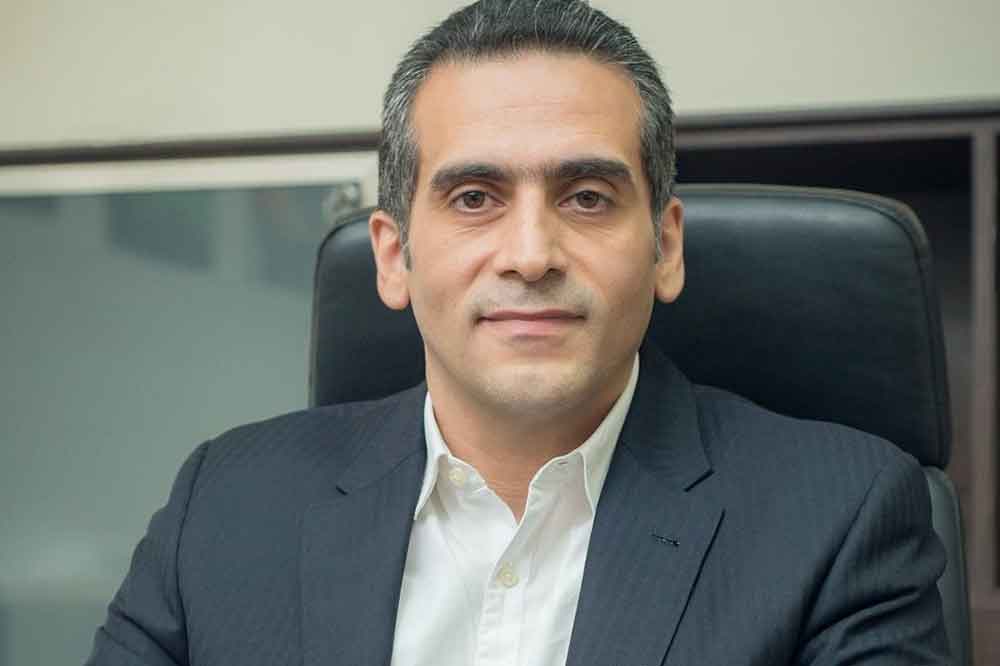The distribution of counterfeit goods, including cigarettes, has thrived during the Covid-19 pandemic, according to the latest Intellectual Property Crime Threat Assessment, published by Europol and the European Union Intellectual Property Office (EUIPO).
The health crisis has presented new opportunities for trade in counterfeit and pirated products, and criminals have adjusted their business models to meet the new global demand.
Imports of counterfeit and pirated goods reached €119 billion ($129.61 billion) in 2019, representing 5.8 percent of all goods entering the EU, according to the latest data from the Organisation for Economic Co-operation and Development and the EUIPO.
“The COVID-19 pandemic has presented new business opportunities for criminals to distribute counterfeit and substandard goods,” said Europol Executive Director Catherine De Bolle in a statement. “At best, these products will not perform as well as authentic ones. At worst, they can fail catastrophically.”
Tobacco products feature prominently among pirated products. In 2020, cigarettes represented the ninth most-seized counterfeit item in the EU.
Illicit products represent 7.8 percent of total cigarette consumption and a loss of €8.5 billion in tax revenues in the EU, according to the report. Thirty percent of illicit consumption in the EU in 2020 was driven by counterfeit products. The number of seized counterfeit cigarettes increased by 87 percent from 2019 to 2020.
In 2019, cigarettes were one of the most frequently reported counterfeit goods and the second most frequently seized counterfeit items at the EU’s external border.
Illicit tobacco products are increasingly produced in the EU, in modern and professional production facilities, established closer to destination markets. Illicit flows between member states increased by 1.5 billion in 2020. Illicit production facilities have been detected in Belgium, Bulgaria, Germany, Spain, Hungary, the Netherlands and Poland.
China and Russia are the main countries of origin for counterfeit cigarettes smuggled into the EU. The most popular destination markets are those that feature high retail prices for tobacco products. Illicit tobacco products also transit through the EU to large markets, such as the United Kingdom.
The growth of the e-cigarette/vaping market in recent years has entailed a subsequent increase of counterfeit vaping products entering the EU market.
